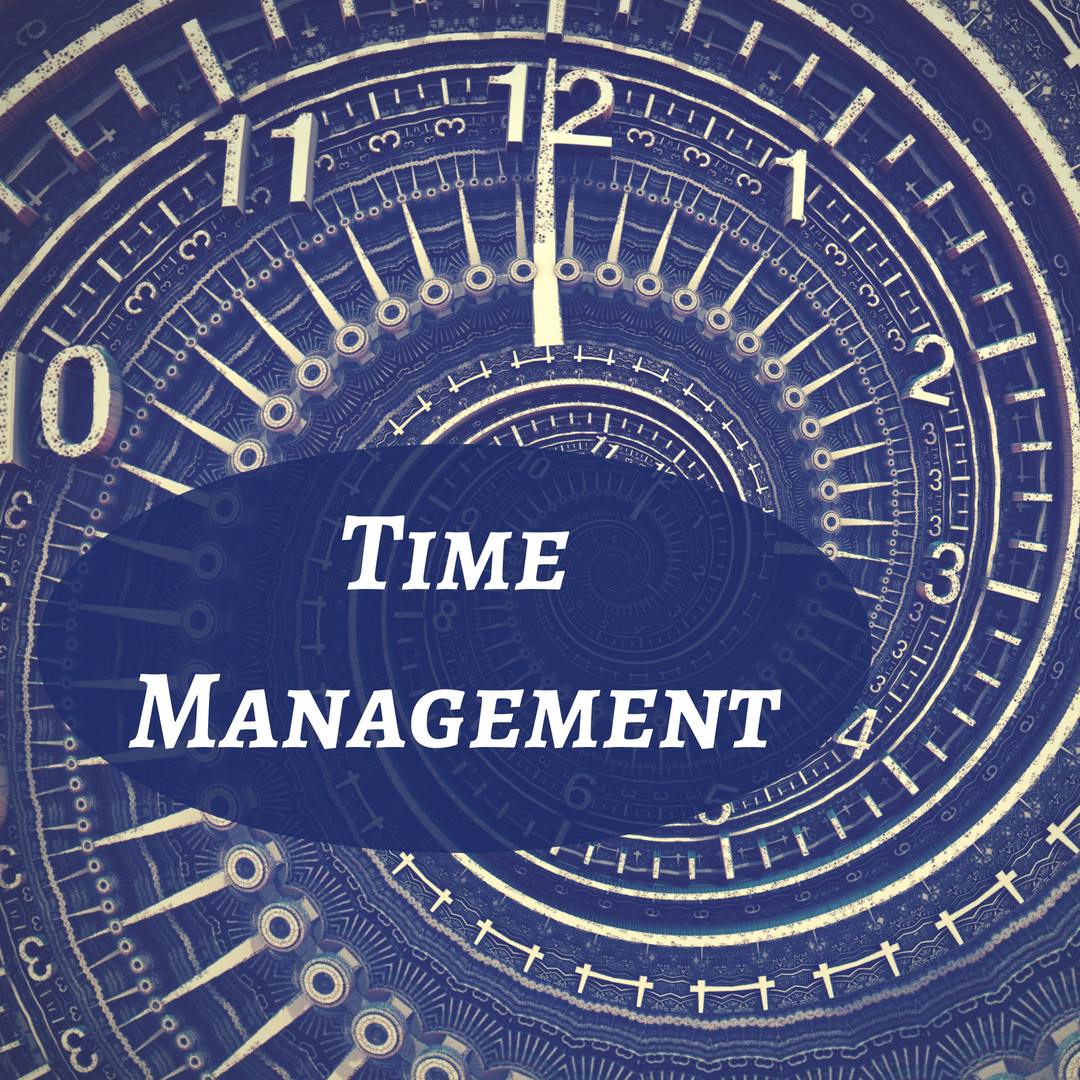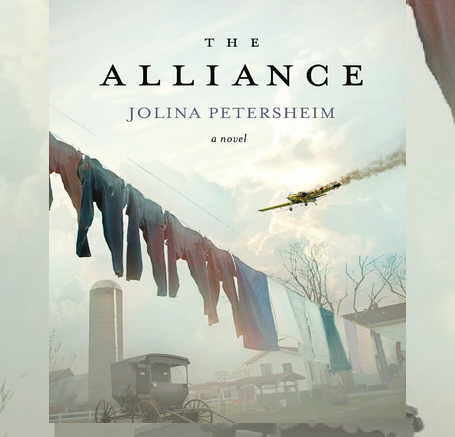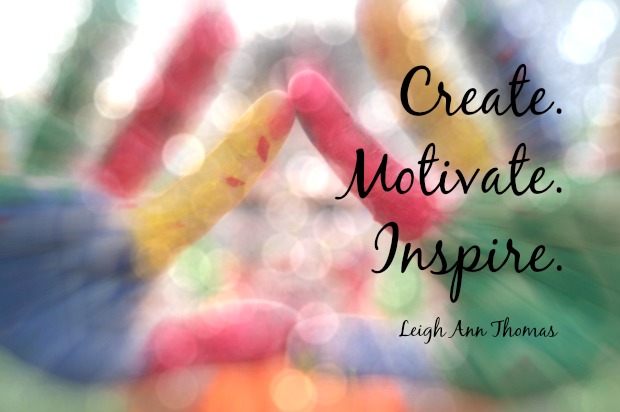
Be Disciplined
After I hit my head earlier this year, it took me a few days to get back to my…
July 30, 2024
After I hit my head earlier this year, it took me a few days to get back to my…
July 30, 2024
“Each of us have moments when we are swept away by an inner sense of excitement about something we…
September 13, 2021
“Each of us have moments when we are swept away by an inner sense of excitement about something we…
August 13, 2021
Recently, I started writing a passion project. It is a twist on a favorite film of my childhood. I’ve…
February 29, 2020
Writing rituals are something I come across whenever I look into advice for how to be a productive and…
February 8, 2019
Living with a disability is never an easy thing, but there are times when it is more difficult than…
December 9, 2018
As most of us know, this month (November) is known to writers as “NaNoWriMo” or “National Novel Writing Month.”…
November 5, 2018
Jolina Petersheim attracts stories like mint draws butterflies. Enjoy this episode of Writers Chat when she shares how each…
March 7, 2018
With an incredible sense of purpose, I opened the window blinds and faced the morning sun. Today, I thought,…
January 23, 2017